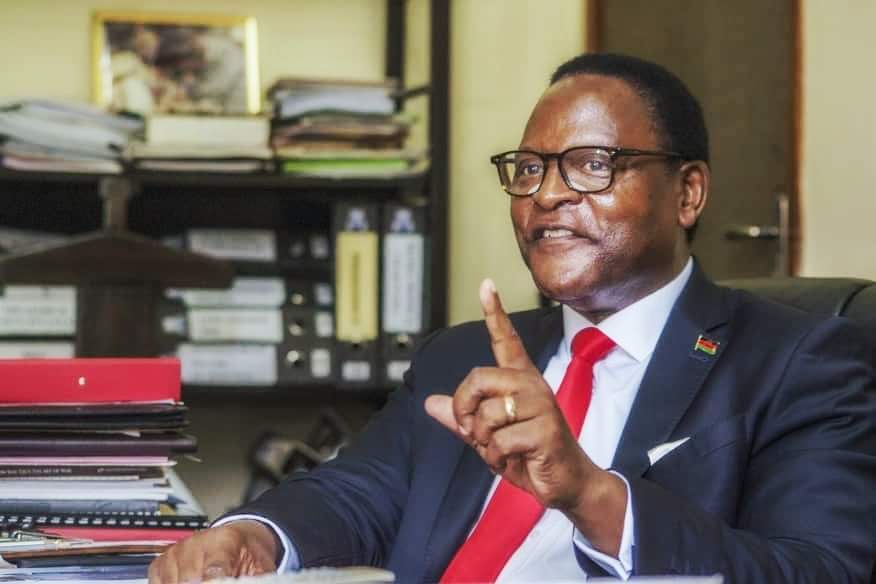
Results of a survey conducted from April to June have revealed that 51 percent of Malawians will vote for Tonse Alliance candidate Lazarus Chakwera.
Institute of Public Opinion and Research (IPOR) conducted the 2020 Pre-Election and Governance Survey which involved 1346 respondents across the country.
According to a report of the survey, the preference of presidential candidate at the national level reveals that about 51% of Malawians will vote for Chakwera and runningmate Saulos Chilima.
In comparison, 33% said they will vote for President Peter Mutharika and runningmate Atupele Muluzi of the DPP-UDF alliance in the 23 June 2020 fresh presidential election.
“This would give the Chakwera/Chilima team clear majority using the 50%+1 majority threshold as decided by both the constitutional and Supreme Courts. In other words, there would be no need for a second round,” reads part of the report.
Respondents were also asked about the candidate they think is most likely to win the forthcoming presidential election, regardless of the respondent’s preference of presidential candidate
“About 53% of Malawians said Chakwera/ Chilima team while 31% said they expected the Mutharika/Muluzi team to emerge victorious,” reads the report.
On the direction of the country, 85% said the country is going in the “wrong direction while 14% held the opposite view by saying the country was going in the “right direction.”
The perception of the country going in the wrong direction cut across party affiliation with 80 percent of ruling DPP supporters saying the country is going the wrong way while 12 percent of the opposition Malawi Congress Party (MCP) said Malawi is on the right path.
Malawians were also asked to indicate their assessment of government performance in resolving what they considered to be the most important problem facing the country.
The study findings indicate that Malawians generally rate the government performance in solving what they consider to be the most important problem poorly.
“Three quarters of Malawians (75%) had a negative view of government performance in handling what they said was the most important problem, against 22% who had a positive assessment,” reads the report.














